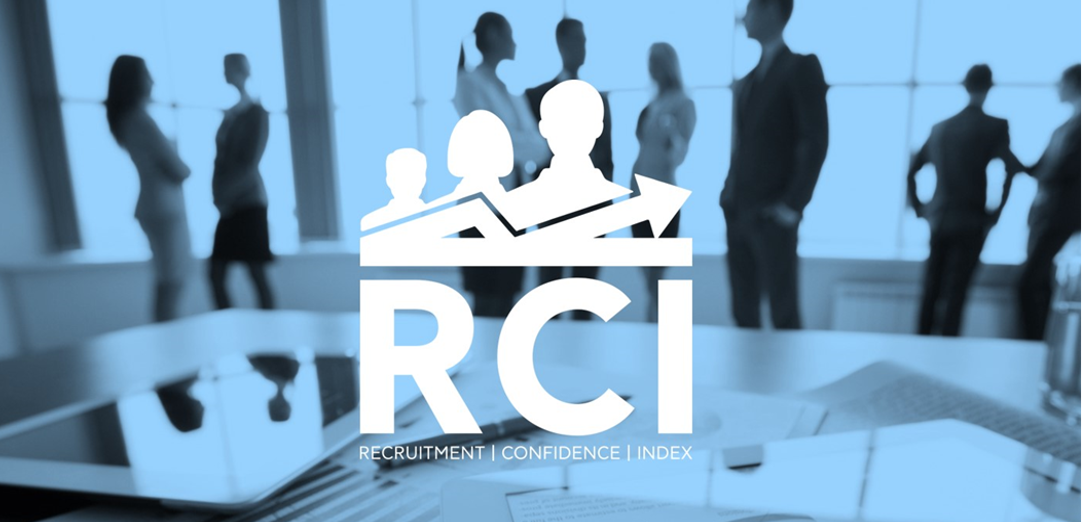
 (1000 x 650 px) (1000 x 650 px) (715 x 420 px) (3).jpg)
Regarding future expectations, another unusual finding: a simultaneous rise in optimism and pessimism percentages! Taking into account the intensity of the phenomenon, we could probably conclude that opinions tend to “polarize” around the two extremes of the continuum between optimism and pessimism.

This tendency seems to caries on regarding the estimations about the influence of the crisis on the operation of Greek businesses. There is, compared to the previous measurement, a shift in the percentages from the neutral area of “Neither a lot, nor a little” to the two extremes “Not at all” – “A little” and “A lot” – “Dramatically” respectively. Also clear, for a second consecutive measurement, is the increase in the percentages for “A lot - Dramatically” responses, which cuts off a continuous downward course for this response starting from the historical high of 2012B and all the way until 2019.
Lastly, with respect to the special issue examining the COVID-19 crisis and it’s influence to Greek companies, the results support and confirm the previous measurement (for the first semester of 2020). Greek enterprises are still affected “A lot” (even more than the previous measurement) and the estimation is that they will return to a “pre-COVID19” state of operating later than previously expected (according to most of them, in more than a year from now).
However, they believe that – now – they are affected in a less negative way, while the rise in the “financial activity” (after the crises is over) is foreseen now to be greater than previously believed. Executives are still convinced that the quality of their companies’ human resources is their most important asset when dealing with the crisis. However, executives still hold “ambivalent” attitudes with respect to remote working: while skepticism seems to increase with respect to the productivity of remote working and its contribution to company’s operations, executives also appear willing to continue to implement programs of remote working in their business, even after the COVID emergency will be ended. Finally, it was recorded the skepticism of Greek companies regarding their eligibility to participate in governmental support actions.




 (1000 x 650 px) (1000 x 650 px) (715 x 420 px) (4).jpg)
 (1000 x 650 px) (1000 x 650 px) (715 x 420 px) (5).jpg)
